Polish Prime Minister Donald Tusk on September 10 strongly criticized Berlin's decision to tighten controls at all border crossings, including the common border between Germany and Poland.
Earlier, on September 9, German Interior Minister Nancy Faeser announced that the country would impose controls at all land borders from September 16 to combat illegal immigration.
But Poland, which shares an eastern border with Germany, did not react positively to the announcement.
"This move is unacceptable from Poland's point of view," Tusk said at a press conference in Warsaw on September 10, saying the move was due to internal political circumstances in Germany and not to a general policy on illegal migration by land.
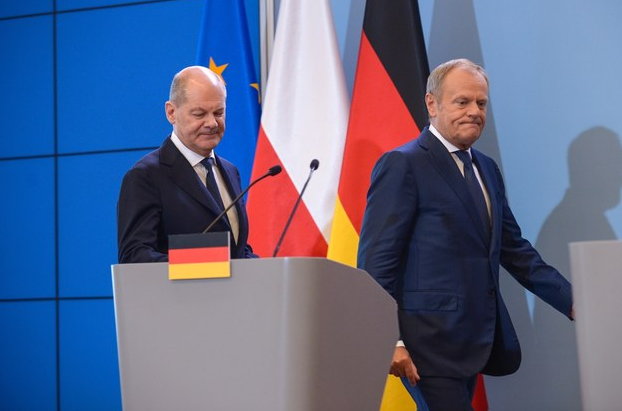
Prime Minister Donald Tusk (right) and German Chancellor Olaf Scholz at a press conference in Warsaw, July 2, 2024. Photo: RMF24
Germany and nine countries that share a land border – France, Luxembourg, Belgium, the Netherlands, Denmark, Poland, the Czech Republic, Austria and Switzerland – are part of the Schengen area, where passport checks at borders have been officially abolished. However, Schengen rules allow member states to temporarily reintroduce passport checks in the event of a security threat.
“What Poland needs is not more border control, but more participation by countries, including countries like Germany, in protecting the external borders of the European Union,” Tusk added, referring to the country’s shared borders with Belarus, Ukraine and the Russian exclave of Kaliningrad.
Relations between Berlin and Warsaw were already strained before Faeser’s announcement. Poland’s recent refusal to accept Germany’s request to arrest a Ukrainian citizen living on its territory on suspicion of involvement in sabotage of the Nord Stream 2 pipeline carrying Russian gas to Germany has contributed to the deterioration.
"We will ask other countries affected by this decision from Berlin to urgently consult with all of Germany's neighbours on action in the EU on this issue," the Polish prime minister said.
Austria is among the countries that border Germany. Austrian Interior Minister Gerhard Karner told reporters that his country would not take back migrants who were turned away by German authorities at the Austrian-German border.
For Denmark, “this decision will change very little for the Danish-German border,” a spokesperson for the Danish Ministry of Justice told Euractiv, adding that there have been checks and controls at the land and sea borders between the two countries since 2016.
In the Netherlands, Geert Wilders, leader of the largest party in the Dutch parliament, the nationalist Freedom Party, told lawmakers on September 10 that the Dutch should follow Germany's example, Dutch broadcaster NOS reported.
As for the Czech Republic, Interior Minister Vít Rakušan wrote on Twitter on September 9: "This is an extension of the current measures that have been in place at the German border for many months. This does not mean any fundamental changes for the Czech Republic and its citizens at this time."
In another development, Polish Prime Minister Tusk decided at the last minute to cancel a visit to Germany, scheduled for this weekend. Tusk was scheduled to travel to Potsdam to receive an award from the German organization M100 Sanssouci Colloquium.
Citing domestic commitments, Mr Tusk cancelled the trip and Polish Justice Minister Adam Bodnar will replace him.
German Chancellor Olaf Scholz, who was scheduled to deliver a speech honoring Mr Tusk at the award ceremony, will also not attend the ceremony.
Minh Duc (According to Euractiv, APA)
Source: https://www.nguoiduatin.vn/ba-lan-phan-ung-gat-truoc-thong-bao-kiem-soat-bien-gioi-cua-duc-204240911203200596.htm


![[Photo] General Secretary To Lam chairs the 14th Central Military Commission Conference](https://vphoto.vietnam.vn/thumb/1200x675/vietnam/resource/IMAGE/2025/6/20/a9d25fc6dd664fb9a3757502f32e5db0)







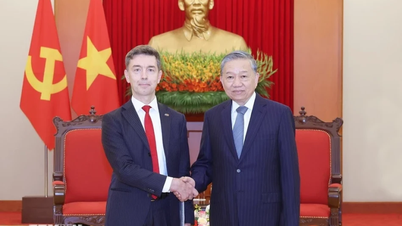




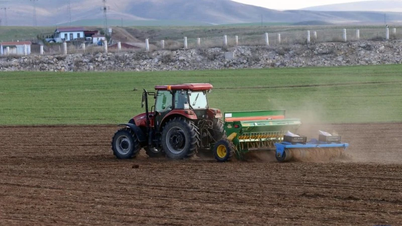














































![[Maritime News] Wan Hai Lines invests $150 million to buy 48,000 containers](https://vphoto.vietnam.vn/thumb/402x226/vietnam/resource/IMAGE/2025/6/20/c945a62aff624b4bb5c25e67e9bcc1cb)







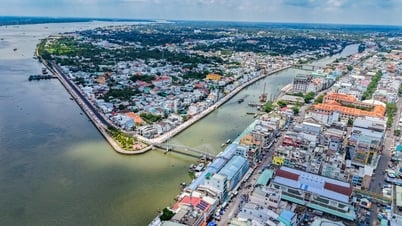

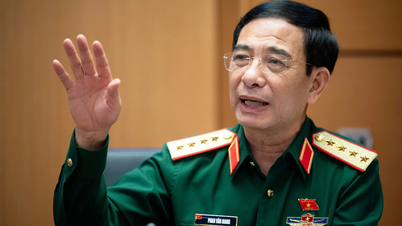

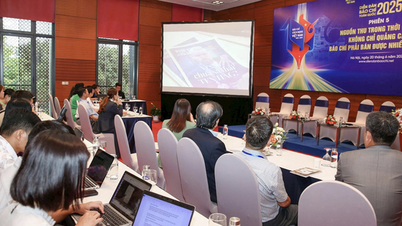

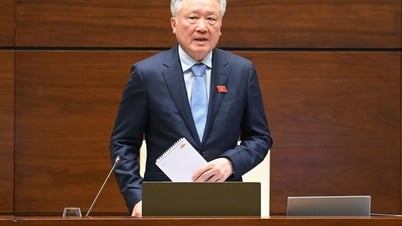












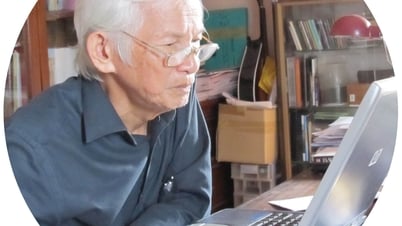
















Comment (0)